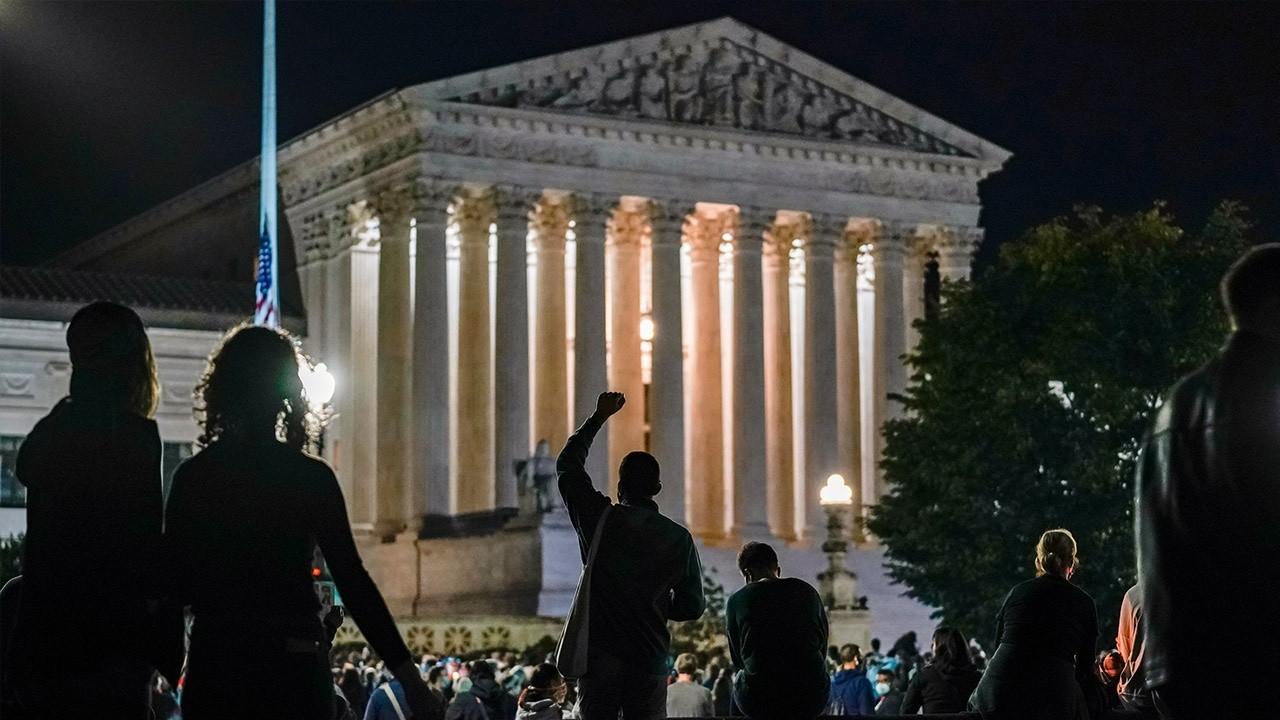Supreme Court clerks see $400G bonuses from elite law firms
The study found that justices are 16 percentage points more likely to vote for their former clerks
Big law firms regularly pay signing bonuses worth as much as $400,000 to former Supreme Court clerks — nearly double the salary that each justice earns.
According to a new study in Political Research Quarterly, inside information and influence that clerks have with their former bosses may figure into the size of the signing bonus. Former clerks are typically young lawyers just a few years out of law school.
The study found that justices are 16 percentage points more likely to vote for their former clerks, and 14 percentage points more likely to vote for their former clerk than for an attorney who clerked for another one of their colleagues.
SUPREME COURT NOMINEES IF BIDEN WINS: WHO MIGHT BE CONSIDERED
The clerk's relationship with their former boss increased their chances of securing the vote to about 73%, from about 57%.
“They’re buying something else: a kind of inside information about how the court is thinking and how individual justices might be thinking,” Stephen Gillers, an expert on legal ethics at New York University, told the New York Times.
The Supreme Court has a two-year ban preventing former court employees from working on "any case pending before this Court or in any case being considered for filing in this Court." Former employees are also banned from participating in "any case that was pending in this Court during the employee’s tenure."
Gillers told the Times the rule was a partial solution.
GET FOX BUSINESS ON THE GO BY CLICKING HERE
“The two-year ban is meant to dissipate the value of the inside information,” he said. “You cannot eliminate it altogether.”
Former clerks played an outsized role in Supreme Court arguments: In the past 15 years, about 75% of arguments before the court included at least one former clerk, according to the study.
"Law firms throw money at former clerks for the same reason companies, unions, and organized interests hire former government officials as lobbyists: they expect these insiders to influence their previous employers," the study authors wrote.
CLICK HERE TO READ MORE STORIES ON FOX BUSINESS




















